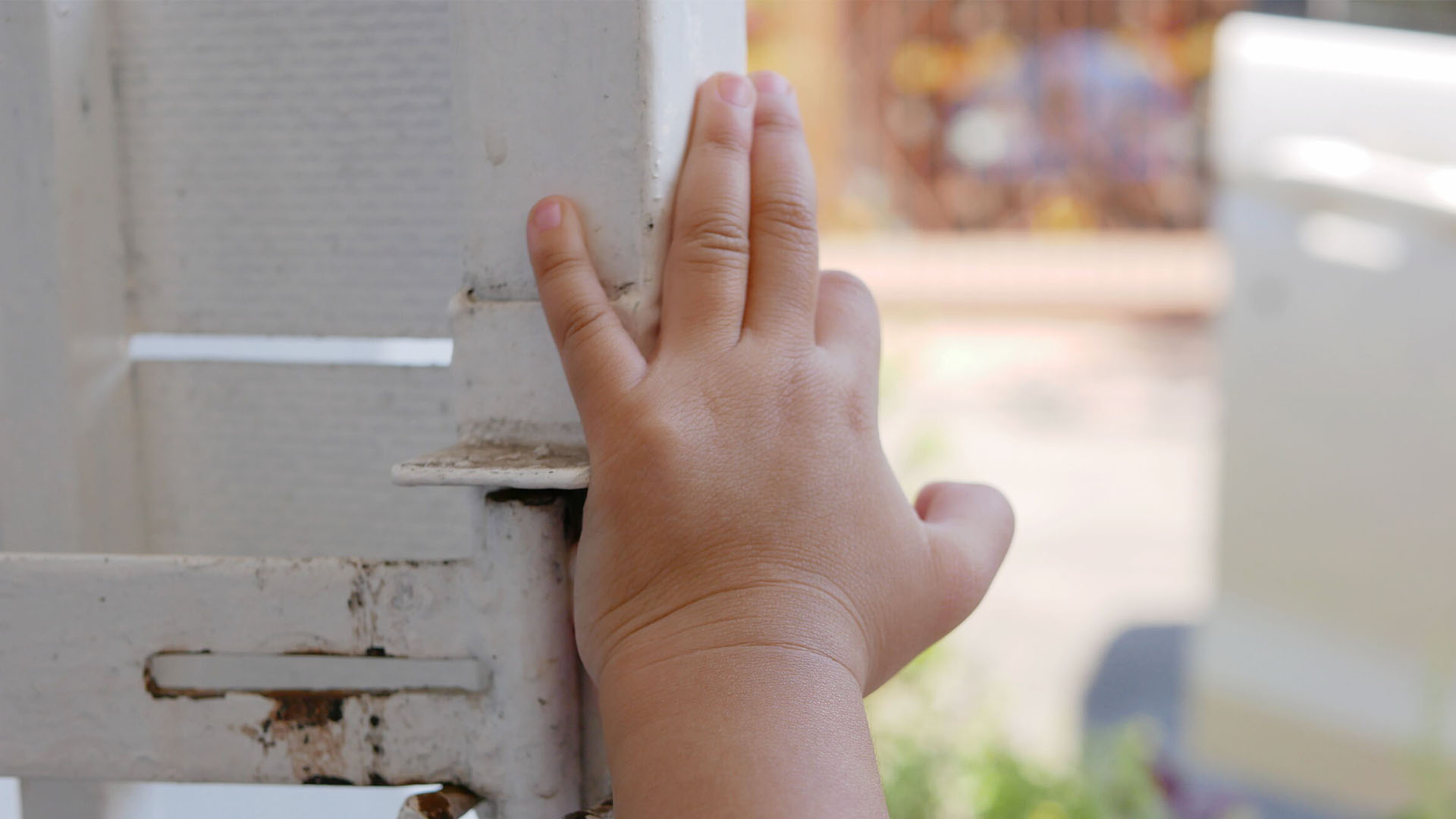Help! My Kid Prefers Their Other Parent
Parental preference in children is a developmentally typical phase that most kids go through, so fortunately (or unfortunately), having a preference for one parent is simply normal behavior for a young child. Generally, toddlers and preschoolers go through this phase as they explore their boundaries and decision-making at this age, and parental preference is one way to test the process of asserting their power and test their ability to ‘control the environment around them’ (in their eyes).
Fret not. Here’s how to handle this temporary parental preference:
1. Understand that it’s a good sign
How is being second choice a good sign, you ask? Because being able to reject a parent means that a child is securely attached to them and knows the love is unconditional, so they don’t think of it as playing favourites. It’s just that they are comfortable choosing one parent over another and still feel secure with the ‘less chosen’ one.
2. Respect their preference as much as you can
Part of creating a strong foundation for building long-term relationships with our children involves listening to their preferences, even if you think they’re unreasonable. Parental preference can be exacerbated by inconsistencies or differences in parenting styles between co-parents, as well as by the way that parents handle and respond to parental preference. While they often do not show a preference when they are content, an upset toddler will usually go to the caregiver who spends the most time with them for comfort. Accept it graciously without showing that it bothers you.
3. Remember it’s not about you
Yes it hurts when your child prefers the other parent…but it’s important to not take it personally. It’s about what your child wants, not what your ego wants. Sometimes little ones prefer one parent over the other because one parent has traits that lead to more exciting playtime. So pick something you are better at than your spouse / partner to do with your child and they will want you the next time they do that activity. Creating 'special' activities like this that are just for the two of you are also a great way of spending quality time together. Remember that your child's frontal cortex is still developing, so they have trouble regulating their emotions. It’s just a phase and they’ll outgrow it soon enough.
4. If you are the chosen one, try to get your partner involved
Just because you’re the ‘chosen one’, doesn’t mean that you’ve won a popularity contest. In reality, it can often mean more work. So when your child prefers you to do something for them, let them know that you’ve heard them and their preference. But then, gently redirect that task to your partner by saying, 'Daddy is really good at playing train driver too. Why don’t you invite him to play with you?' Also, when you and your child are alone, take that time to emphasize all the good points about the other parent.
Give this exercise a go to help them see that being different is not a bad thing and that they can love different things about both parents. First, remind your child of everything the other parent does well and how they are different from you; then have them list two things they like most about each parent.
5. Focus on the good
It doesn't feel great when your child wants your partner all the time instead of you, but look on the bright side. If your partner is a good parent and your child enjoys the quality time they spend together, then it’s the perfect opportunity for you to get some quality alone me-time. Bonus: Silently smile when the other parent has to change messy diapers all the time or has to play the same game for the 8th time in a row.
6. Speak to your spouse / partner
If you’re still getting rejected despite being the main caregiver, seek support from the other parent, rather than seeking a forced validation from your child. On the other hand, if you are the preferred parent, empathise with the other parent’s struggle with your close relationship with your child. Give them time and space to talk openly about their jealousy, frustration or hurt feelings.
For the latest updates on Wonderwall.sg, be sure to follow us on TikTok, Telegram, Instagram, and Facebook. If you have a story idea for us, email us at [email protected].











